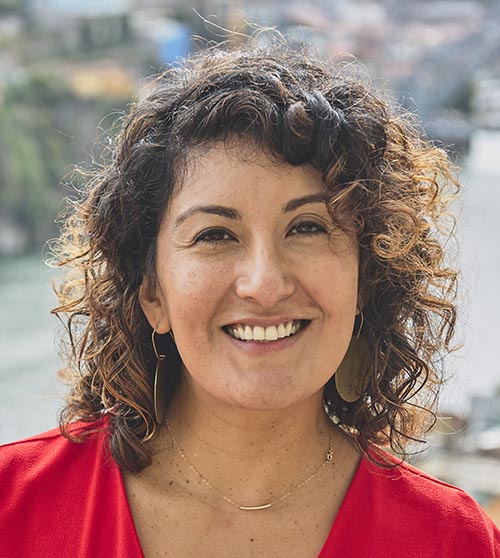Melissa Cuba: English learners and special education in Virginia
Research deep dive: disproportionality

This is part of a continuing series on VCU School of Education researchers whose work touches on the theme of disproportionality. In this article, Melissa Cuba, Metropolitan Educational Research Consortium (MERC) evaluation specialist and doctoral candidate in the School of Education’s Ph.D. in Education, Concentration in Curriculum, Culture and Change program, examines the disproportionality of English learners in special education in Virginia.
As the number of English learners (students who are learning English as an additional language and receiving English as a Second Language services) rises in Central Virginia, so does the need for their appropriate identification for and access to special education services.
Melissa Cuba, MERC evaluation specialist and doctoral candidate in the School of Education’s Ph.D. in Curriculum, Culture and Change program, is currently researching the issue of how policies and sociodemographic factors (e.g., race/ethnicity, gender, socioeconomic status) impact the disproportionality of English learners in special education programs. Both of these issues are causes for concern.
According to Cuba, once an English learner is identified for special education, they’re often pulled out of their ESL program and put into special education, which is challenging for both the students and the teachers because the teachers aren’t always trained to work with English learners and the students are usually not receiving explicit language instruction.
Additionally, for English learners who do need special education, but aren’t identified, “they’re not receiving services they need to be successful in school,” said Cuba. “So, it goes both ways.”
Cuba presented her research, “An Intersectional Analysis of Disproportionality of English Learners in Special Education in Virginia,” at the Virginia is for All Learners Education Equity Summer Institute which took place in July.
A former ESL teacher who worked with English learners with disabilities in northern Virginia, Cuba said her research was inspired by the discrepancies she witnessed in the schools where she taught. She regularly saw students of color and boys overrepresented in special education or self-contained (segregated) classes, even though these schools were very mixed in terms of race, ethnicity and gender.
“So, it was kind of like playing detective, trying to find out what happened. Were they properly assessed? Should they really even be in Special Education? Was it a language issue? Was it a disability?” said Cuba.
Similar studies have been conducted in other states including California, Texas, Florida and New York where there is already a large population of English learners, which is why Cuba said she focused her research on Virginia, a new destination state where the English learner population represented 13% of the total student count in 2018-19.
Cuba said the next step is to publish her findings to help bridge research, policies and practices around disproportionality. She will also produce a white paper to share her findings with education stakeholders in Virginia to help facilitate conversations about any disparities currently happening in their school divisions.
Also in this series: